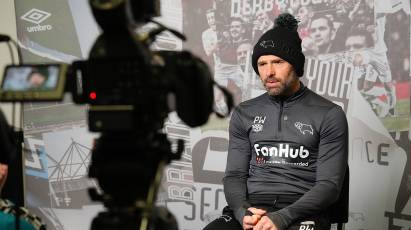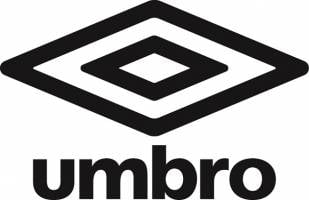Today, Friday 8th May, we celebrate VE Day.
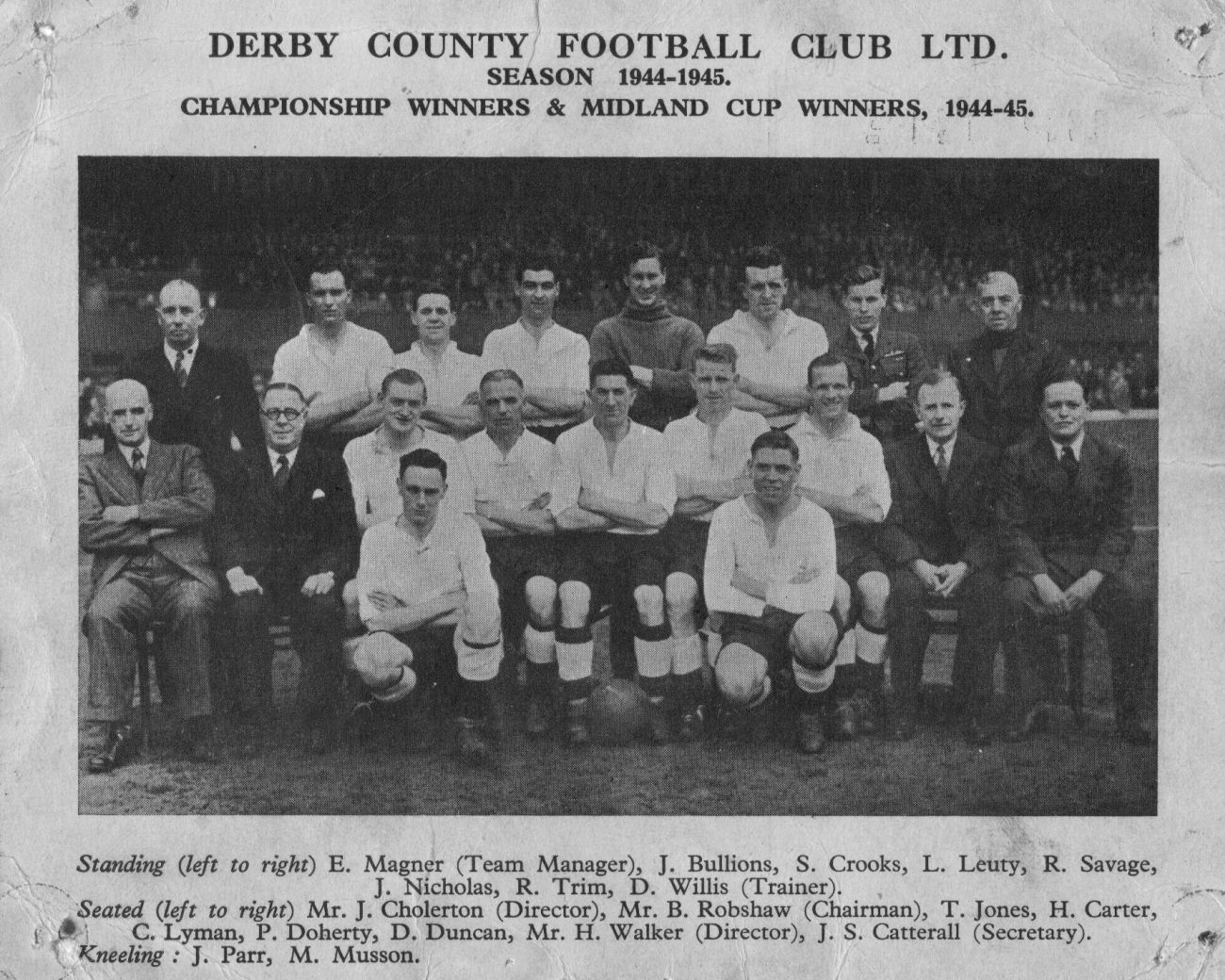
It is 75 years since the guns fell silent at the end of the World War Two in Europe.
We remember the enormous sacrifice, courage and determination of people from all walks of life who saw us through a dark and terrifying period.
If you’ve ever wanted to know how Derby County and football operated through wartime, here’s rundown of how football was played during that time.
Wording taken from Derby County: The Complete Record by Gerald Mortimer.
When World War One was declared in August 1914, the football authorities decided to carry on, despite criticism that it was unpatriotic to do so.
For Derby County, of course, it was as well they did, and in 1914/15 they won promotion to Division One. The Rams played one season in the wartime Midland Section, in 1915/16, before closing down for the duration with most of the players guesting for other clubs, particularly Notts County.
When peace came in November 1918, it was too late to start a proper Football League competition, but in April 1919, the Rams played in the small Midland Victory League to prepare themselves for the resumption of League football proper that August.
Twenty years later, war with Germany again interrupted the football programme. This time the League closed down after two weekends, and the three matches of the 1939/40 season which Derby did manage to play are not included in career records of players.
The Rams were offered a place in a substitute competition, but after playing a friendly match against Leeds United at the Baseball Ground towards the end of September 1939, to test public opinion, Derby County decided to suspend operations when fewer than 2,000 spectators turned up.
Rams players still in the surrounding district turned out for several local clubs, both League and non-League, and on Christmas Day 1941, a match against a Royal Air Force team heralded the return of football to the Baseball Ground.
The Rams played several more matches in the second half of that season, relying heavily on youngsters and guest players, and with Jack Nicholas manager in all but name.
Nicholas received valuable assistance from Jack Webb, the pre-war full-back, and in 1942/43 the Rams began to play in the Football League North. There was a strange look about the competitions at this time.
The League programme was run two halves up to Christmas, at which point a champion club was declared, with another ‘half’ being contested in the New Year, although this was further confused by the Football League War Cup, and later, the Midland Cup.
Matches in these competitions also counted towards the second period of the Football League North. The Football League War Cup was run, in the first part, on a league qualifying basis, with successful teams then meeting in a home and away knockout competition.
The Rams played in the Football League North up to and including 1944/45, in which season they won the second period championship, beating Liverpool in a decider on Whit Monday. The Rams had finished runners-up to Huddersfield Town in the first period which ended at Christmas.
This season Derby did the ‘double’, winning the Midland Cup after a two-leg final against Aston Villa. In 1945/46, with the FA Cup restarted on a two-leg basis - the Rams won it – Derby moved to the Football League South.
This was a more familiar 42-match programme, in preparation for the resumption of the Football League 1946/47. Derby County finished fourth in the Football League South which was won by Birmingham City.
Matches against teams representing the Police Athletic Association, the Army Commands, the Royal Air Force and other organisations were important because they included peacetime full-time professional players and often international stars.
Wartime football was often a lottery. When Bradford arrived at the Baseball Ground for a Midland Section match in April 1916, they had only seven men. The Rams lent them four reserves, namely, Palethrope, Haynes, Davis and Leigh, and went on to win 6-1.
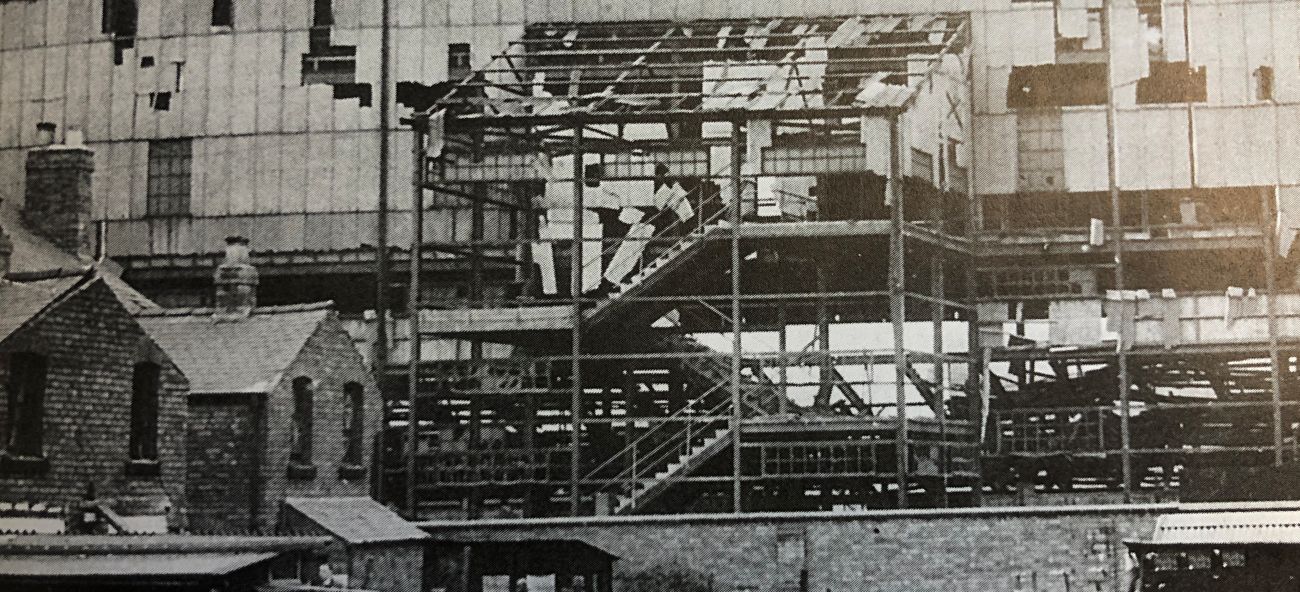
Baseball Ground Damage
The Osmaston End at Derby’s Baseball Ground home was damaged in January 1941, during a German air-raid, and remained out of commission as the Rams made their way to the 1946 FA Cup Final, although not entirely unoccupied as supporters were prepared to take risks.
Once that was repaired, the Baseball Ground had a familiar look to post-war generations.

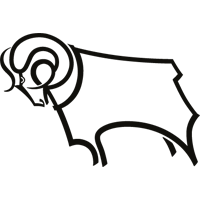
 3/1 To Win
3/1 To Win
.jpg)
